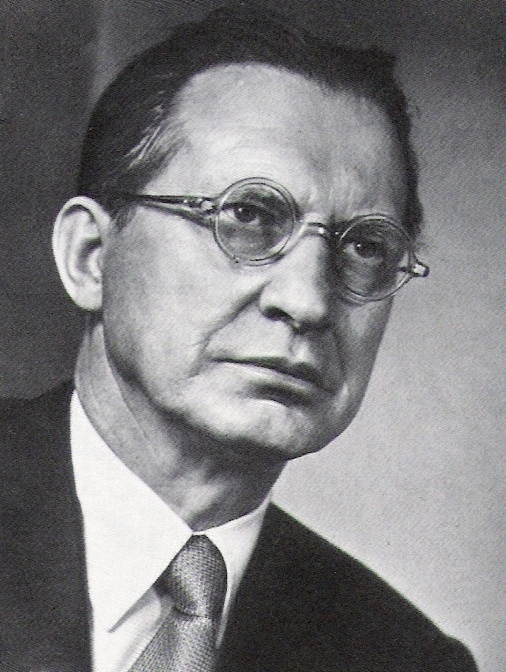EU, THE MAIN PROMOTER OF REGIONAL COOPERATION
Regional cooperation is an essential element of the stabilisation and association process – the process that leads the Western Balkan countries towards EU membership. It helps the region to address common challenges such as energy shortages, pollution, transport infrastructure, cross-border criminal activities, etc. Progress in regional cooperation is monitored in annual progress reports.
The Instrument for Pre-Accession (IPA) provides financial support through different multi-beneficiary programs.
Regional Cooperation Council (RCC)
Regional Cooperation Council is a regional structure that drives regional cooperation in Southeast Europe, with a secretariat based in Sarajevo and a liaison Office in Brussels. EU is a member of the RCC. RCC is the operating arm of the Process of Southeast Europe Cooperation (SEECP), a forum for diplomatic and political dialogue created as a result of the efforts to overcome the wars in the former Yugoslavia (1996). SEECP members are EU member states Bulgaria, Greece, Romania and Slovenia as well as Albania, Bosnia and Herzegovina, Croatia, the former Yugoslav Republic of Macedonia, Montenegro, Serbia, Turkey and Moldova.
Other regional initiatives:
Economy
The of Central European Free Trade Association (CEFTA 2006) is preparing the economy of the Western Balkans for the competitive pressures of the single market of the EU. The process of trade liberalization has intensified competition and is stimulating national reforms to increase competition.
Public administration
Regional School of Public Administration (ReSPA) is an international organization that endeavors to contribute to the improvement of public administration in the Western Balkans. The international agreement of establishing the school (located in Danilovgrad, Montenegro) was signed in 2008, and the school was officially opened by Commissioner Füle and Montenegrin Prime Minister Gjukanovic in November 2010.
The main goals of ReSPA are:
- help the improving of regional cooperation in public administration
- strengthening the administrative capacity according to the requirements of the process of european integration
- human resource development in accordance with the principles of the European Administrative Space
- organize activities related to the exchange of good practices.
Environment
Regional Network for Accession (RENA) is the framework of cooperation in the Western Balkans and Turkey in the field of environment and climate change. RENA enables the collaboration on a political level (ministerial meetings) and in the expert / technical level. Four working groups are focused respectively on strategic planning and investment; climate change; cross-border cooperation; and environmental compliance and enforcement.
Infrastructure
Officially launched in 2009, the Framework of the Western Balkans Investment (WBIF) is a joint initiative of the Commission, the Development Bank of the Council of Europe, EBRD and EIB. This is an innovative financing initiative, which brings together grants and loans from the Commission, partnerships with international financial institutions and bilateral donors for infrastructure projects and socio-economic development in the Western Balkans. In 2011, WBIF has allocated € 220 M Euros in project grants.
Energy
Energy Community Treaty (2006) was created to:
- establish an integrated energy market promoting energy trade in the Western Balkans;
- promote integration with the EU market;
- contribute in the improving the security of supply.
The Energy Community implements the basic laws of the energy of the EU and is focused on trade liberalization, environment, energy efficiency, capacity building and social dialogue.
Transport
The future Community Treaty of Transport, modeled on the Energy Community, will replace the Observatory of Transport of South East Europe (SEETO). SEETO was established in 2004 to:
- promote cooperation in the development of key and assistive infrastructure in the Regional Transport Network of SEE
- increase local capacity to implement investment programs and to collect, manage and analyze data for the Regional Transport Network.
Air travel: The Common Agreement of the European Aviation Area (2006) brings together partners from the EU and south-eastern and northern Europe.
Justice and Internal Affairs
Here the objectives are to strengthen cross border cooperation between the law enforcement agencies and judicial authorities in the fight against organized crime and corruption.
Education
Education Program Erasmus Mundus – implemented by the Executive Agency of Education, Audiovisual and Culture (EACEA) – promotes the exchange of academic staff and the students at all levels. All the above areas in the framework of which is promoted the regional cooperation, are funded by the EU through IPA programs with multi-beneficiary.

 Libraria Shteti Web
Libraria Shteti Web









